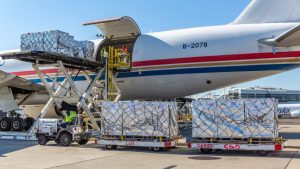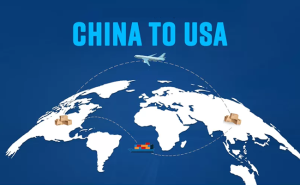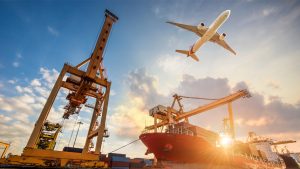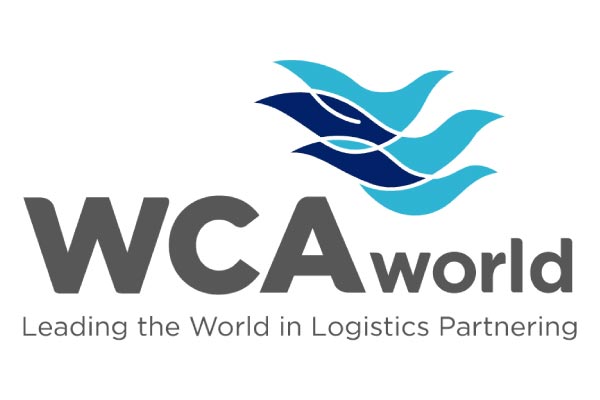The speed at which logistics moves increases day by day, keeping pace with the needs that arise in today’s societies.
In order to maintain this speed, we invest in technology, in processes, in training professionals, and of course, in trying to improve the resources that already exist, trying to obtain greater performance from them.
One of these resources is full load transportation or FTL (Full Truck Load), that service where a vehicle makes a trip from origin to destination, without passing through any intermediate platform or stops.

The benefits of full load transportation are already known, as long as our transportation needs (by volume or kilos) require a “dedicated” vehicle as in this service.
The smaller traffic compared to other services that must pass through intermediate platforms, or the security of the cargo (it is not manipulated at any time during the journey), are already well-known factors, therefore, the improvements are proposed from two prisms.
Technology
The incorporation of technology is essential to be able, on the one hand, to carry out loading orders with the appropriate resources, and, on the other hand, to fight against one of the great scourges of full load transportation, such as empty kilometers ( the movement from one unloading point to another loading point, which can sometimes be a few hundred km away).
The arrival of technologies such as Artificial Intelligence or Blockchain allow companies to generate better resource planning, in addition to a layer of optimization of the generated planning.
Nor should we forget the developments of AI in elements of demand prediction, for example, and other applications such as RPA, software that allows us to automate manual and tedious processes that occur in the areas of administration or traffic.



